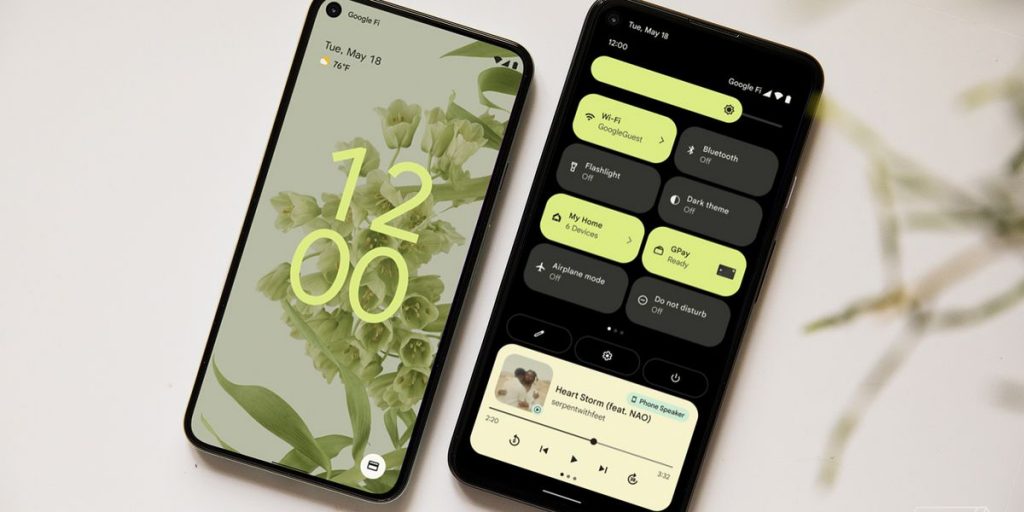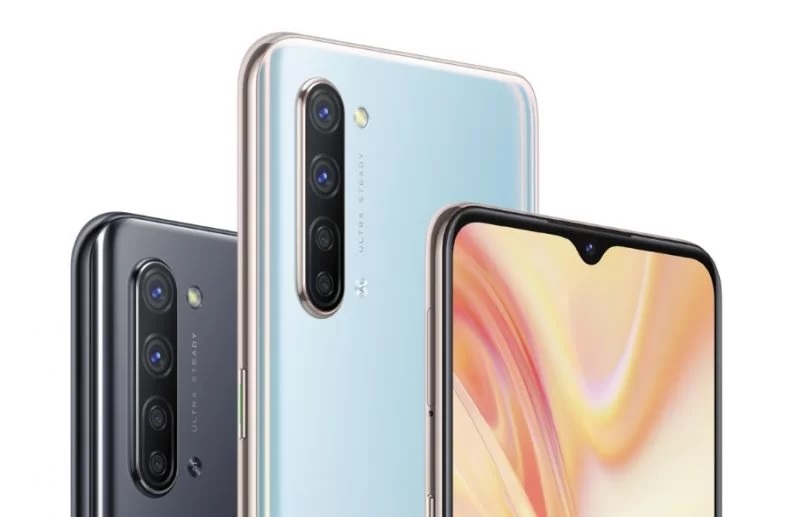After the Android 13 stable update was released, discussions of downgrading back to Android 12 began to surface. Although downgrading the Google Pixel 6 series is not recommended due to a critical security flaw, you can downgrade other Pixel devices without any issue.
When to Consider Downgrading
Now, downgrading back to a previous version of Android isn’t something we usually recommend, but we do know there are times when it is needed. If you are having an issue with the new Android 13 update, we recommend that you perform a full factory data reset to squash any potential bugs before you choose to go through the downgrade path. Be sure to perform backups before just in case you lose anything.
Eligible Devices for Downgrading to Android 12
However, if you are adamant about downgrading to Android 12, you must know that only the Google Pixel 4, Pixel 4 XL, Pixel 4a, Pixel 5, and Pixel 5a devices can be downgraded to Android 12 from Android 13.
Preparing to Downgrade your Google Pixel device from Android 13 to Android 12
You can technically still downgrade the Google Pixel 6 series, but using the Google firmware results in many system crashes. To downgrade to an older version of Android, you must have your device’s bootloader unlocked and USB debugging mode enabled before you begin the downgrading process.
If you are not familiar with how either of these things are done, be sure to check our previous tutorial from the link. We have an Android 13 stable build installed on our Google Pixel 4a, and in this tutorial, we will show you how to downgrade it back to Android 12.
Step-by-Step Guide to Downgrade Google Pixel Devices Back to Android 12
Here is a step-by-step guide on downgrading your Google Pixel device from Android 13 to Android 12:
Step 1: Connection
Connect your Google Pixel device to a PC with a USB cable.
Step 2: Accessing the Firmware
Visit the Google Factory Images website on your PC.
Step 3: Selecting the Firmware
Find the latest Android 12 firmware for your device from the list.
Step 4: Initiating the Flash Process
Click on the “Flash” next to the Android 12 version name. A new window will pop up asking you to allow ADB access.
Step 5: Allowing ADB Access
Click on Allow ADB access. Before allowing ADB access, ensure your device is connected to your PC, and that USB debugging is enabled.
Step 6: Device and Firmware Selection
Then select your device from the Android flash tool windows, which appears automatically. In our case, it is the Google Pixel 4a.
Step 7: Installation
Next, click on the blue install build button at the bottom and then click on the Confirm button on the next page to confirm all the items we selected in the previous steps.
Step 8: Completion of Process
Click on the Accept button to continue the process. Your device will reboot a few times, which is entirely normal.
Post-Downgrade Steps
If everything goes well, you should see a green install complete message on your PC screen and your Google Pixel device should start rebooting. Once you see the Google startup logo on your device, you can unplug it from your PC.
Wait for the Android OS to boot your device and take you to the Android activation screen. Then, set up your device as you normally would.
Conclusion
This is how you can downgrade your Pixel device from Android 13 to Android 12. You can check the Android version once you set up your device. To stay on Android 12, make sure that you prevent the air update of Android 13 from installing in the background. However, be aware that you will not receive monthly security updates if you wish to stay on an older version of Android.
Are you experiencing difficulties with your device? Check out our “How To” page to learn how to resolve these issues.






